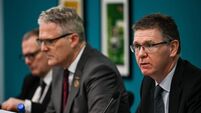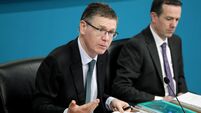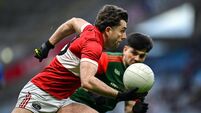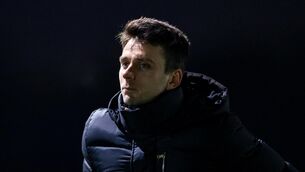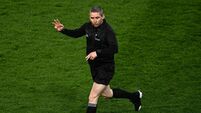Counihan: New rules will make role of referees even harder
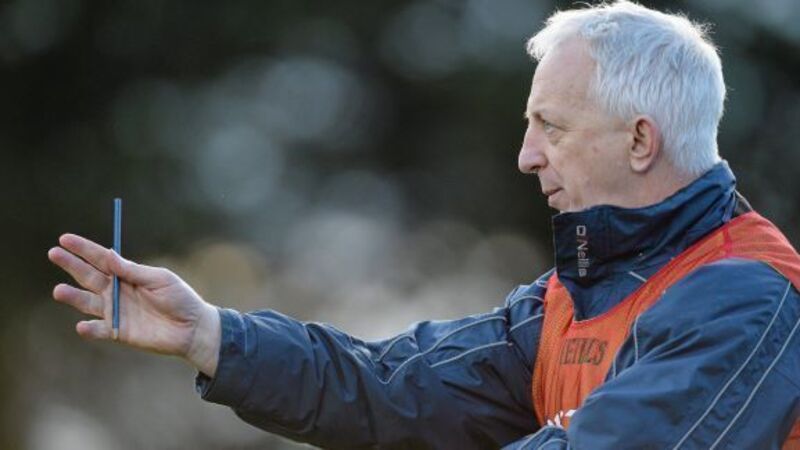
Conor Counihan isn’t in the habit of making grand pronouncements on the state of the (football) nation, so it’s all the more interesting when he does discuss the game: where it’s going. How it’s developing. The significance of that black card development.
“My issue with all of these rules is that they need to be trialled. Putting something down on paper is fine, but referees have a difficult enough job as it is. Is this going to make that job easier or harder? I think it’ll make their job harder, trying to weigh up what’s black, what’s yellow, what’s red.







